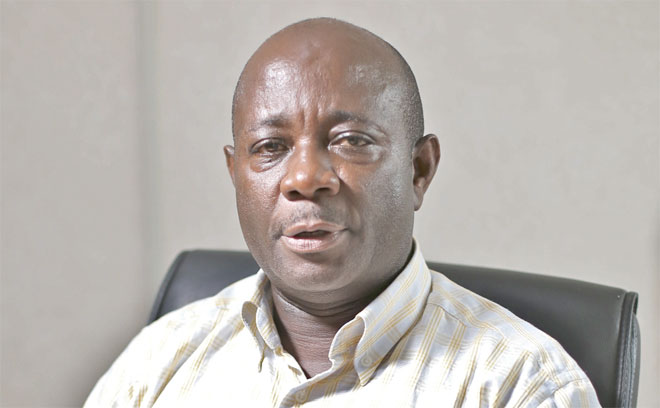
‘Odike’ advocates state funding for political campaigns
The founder and leader of the United Progressive Party (UPP), Mr Akwasi Addai, popularly called ‘Odike’, has advocated state funding of the campaigns of political parties and persons vying for national offices in order to cut down on corruption on the part of political appointees.
According to him what he had observed from successive governments was that people tended to bribe their way to the top and got appointments based on the investments they made to the campaign of the party or the individual who stood for president.
That, he said, had culminated in the situation where square pegs were put in round holes thereby denying the nation the right calibre of people who would work assiduously to further the interests and promote the national agenda.
Mr Odike who was speaking to the Daily Graphic in an interview said the primary focus of such persons was to recoup whatever investments they made to the party that emerged victorious.
The role of NCCE
In so doing, he explained that the National Commission for Civic Education (NCCE) must be made to play that role where all those vying for the positions of Member of Parliament (MP) would have a common platform mounted at the capital of the constituencies they might be vying for and given the equal opportunity to address the people just like the way it was done for assembly members.
The NCCE, he said, should also make the arrangements for the media space for all the aspirants to convey their messages to the electorate and none should be allowed to put in their personal resources.
To give the right backing to such a move, he called for a legislation to that effect that no individual or group of persons should put private resources into campaigning and that anyone caught flouting such a law should be prosecuted to serve as a deterrent to others.
Mr Odike maintained that such an arrangement should be able to effectively curtail the situation where people got into political office and became corrupt in the quest to recoup the monies they had invested into their campaigns.
The negative effect of party discipline
Additionally, he said, it had been the norm for individuals who represented their constituencies in Parliament to act along party lines and not strictly in the interest of the people they represented.
That, he observed, was because of party discipline which enjoined representatives of the people to vote in strict adherence to the dictates of the political parties they belonged to, saying “these representatives of the people do not have minds of their own to act on behalf of their representatives and for that matter, in the national interest.”
But Mr Odike posits that “partisanship in the pursuit of the national agenda ought to give way to a true representation and prioritisation of the needs of the people and not a parochial sectorial political agenda.”
Going forward, he said, the NCCE and the Electoral Commission (EC) should devise a system to make those proposals workable.
Mr Akwasi Addae also proposed that the EC opened nominations six clear months before the elections so that there would be enough time for parties or candidates to file their nominations and be able to correct any mistakes that might arise.
Writer’s email: victor.kwawukume@graphic.com.gh
